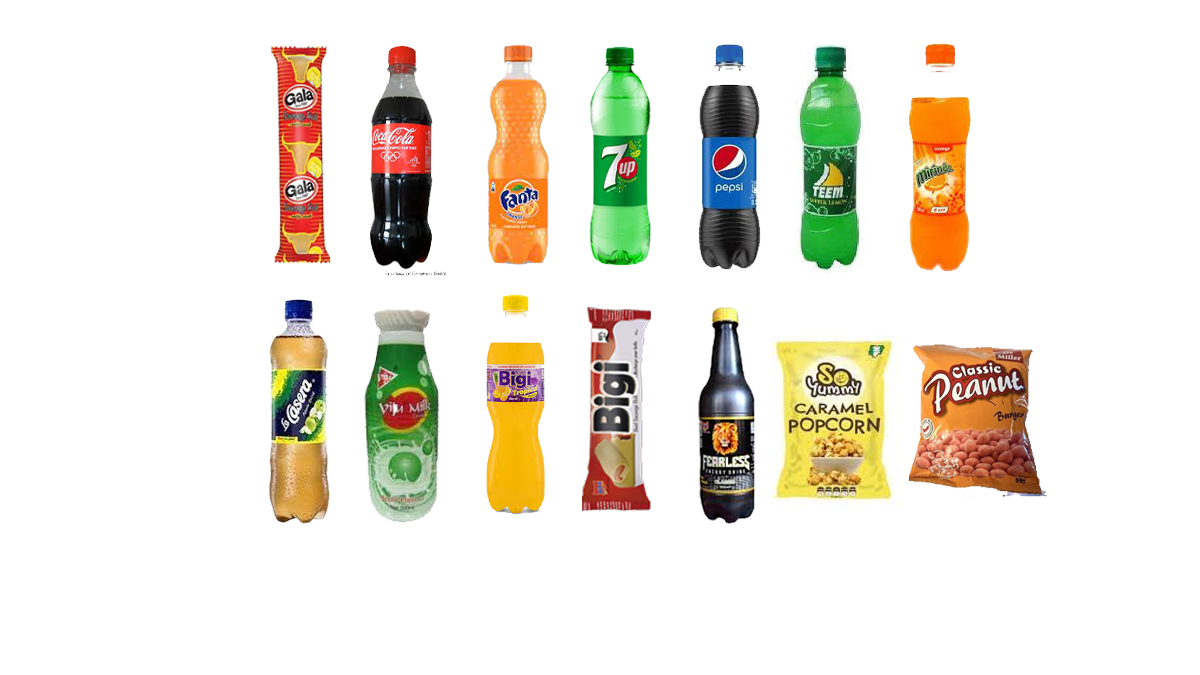By Zion Rufus
Fostering healthy practices in the marketing and advertising industry continually requires standardizations and principles that protect consumers and the advertising ecosystem.
Amongst a myriad of notable regulations that have impacted the practice of advertising in Nigeria and across the globe, we have highlighted a few that have reverberated through the year.
Pitching
In June, over 70 companies pledged their commitment to address systemic pitching behaviours. Introduced by IPA and ISBA, the initiative aims to drive better outcomes including more transparency and better mental wellbeing, resulting in better quality work, fewer costs and less wastage.
When pitching for a prospective account, agencies would use portfolio, slides, video, storyboard and other channels to review their organizational set-up, result for other clients, types of accounts, experience of personnel, specializations, and any other information pertinent to winning the account.
The Pitch Positive pledge details the core commitments agencies and clients must adhere to and outlines the various considerations they must take into account during the three stages of the pitch process – before, during and after.
ARCON ban on use of foreign models, voice-artists
As part of efforts to regulate the advertising industry in accordance with its statutory mandate, the Advertising Regulatory Council of Nigeria (ARCON) banned the use of foreign models in all advertising materials in Nigeria. Dr. Lekan Fadolapo, the Director-General of ARCON ruled that all advertising materials are henceforth charged to employ only Nigerian talents as models and voice-over artists with effect from 1st October, 2022. The new regulation is aimed at promoting local talents and encouraging economic growth in the industry.
Advertising Industry Standard of Practice (AISOP)
The Advertising Industry Standard of Practice (AISOP) which took effect from 6th of October, 2021 was introduced by the Advertising Practitioners Council of Nigeria (APCON) as the new guideline for all advertising practices in Nigeria. The standard of practice was birthed after the thorough joint brainstorming of an all-inclusive committee made up of all sectoral groups in the industry in collaboration with APCON to produce a suitable framework that defines a minimum standard, in order to have equal and fairly represented opinions that will form the guidelines of the entire advertising ecosystem.
The introduction of AISOP was greeted with professional consensus, especially by the Heads of Advertising Sectoral Groups (HASG) comprising of the Association of Advertising Agencies of Nigeria (AAAN), Experiential Marketers’ Association of Nigeria (EXMAN), Media Independent Practitioners Association of Nigeria (MIPAN), Outdoor Advertising Association of Nigeria (OAAN), and Broadcasting Organization of Nigeria (BON)
Collaboration amongst ad/creative agencies
To remain viable, creative agencies have responded to the evolving marketing trends by abandoning their old agency of record practices to instead canvass for collaborations so as to deliver greater benefits to their clients.
Companies have begun to adapt by finding alternate resources for expertise, forming new partnerships, and in-housing, a move that helps brands to cut agency fees and allow clients to more efficiently combine creativity and business under one roof.
In an earlier conversation with MARKETING EDGE, AAAN President and CEO X3M Ideas, Steve Babaeko revealed that the member agencies are “more than ready to partner with the candidates to create memorable campaigns and take their messages to town”.
International Advertising Association legislative principles
Owing to the need to foster healthy practices and the maintenance of a vibrant, and competitive global ad industry, global association of advertisers, media practitioners and agencies, International Advertising Association(IAA) reeled out six new principles to protect consumers and the advertising ecosystem.
According to the IAA, creating a smarter regulatory environment that fosters a vibrant, dynamic, and competitive marketplace will provide great benefits to both industry and consumers.
The principles state:
-Don’t enact legislation that creates an uneven playing field
-Preserve the global economic engine supported by the advertising industry
-Legislation should focus on maximizing the welfare of consumers
-Promote competition without unnecessarily negatively impacting large segments of the industry, including small and medium-sized businesses
-Proceed cautiously when considering legislation that increases complexity and cost for the advertising industry
-Avoid legislation that has the impact of breaking up or punishing companies simply because they are big or successful







Comment
No comments found.